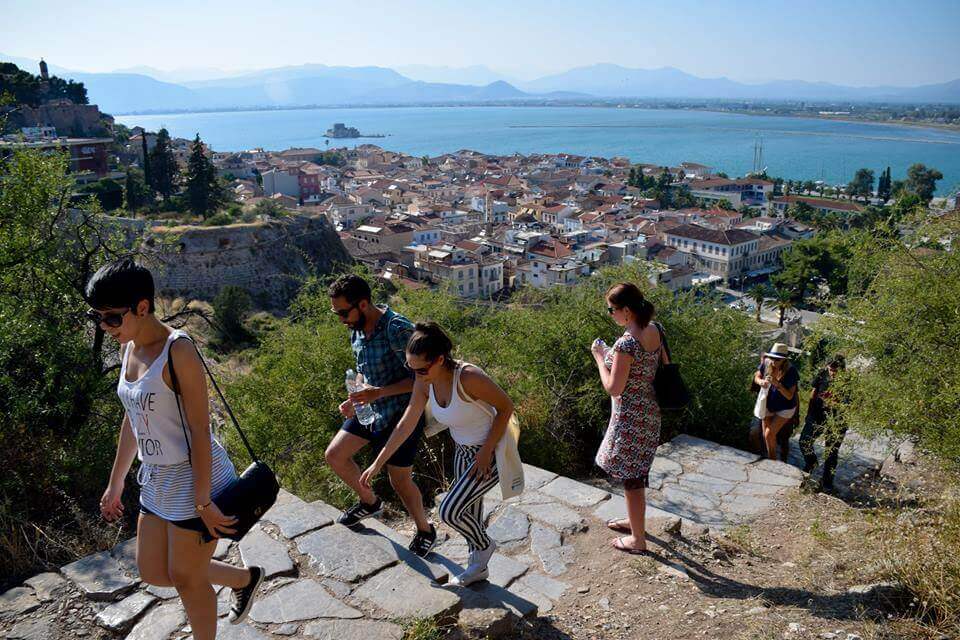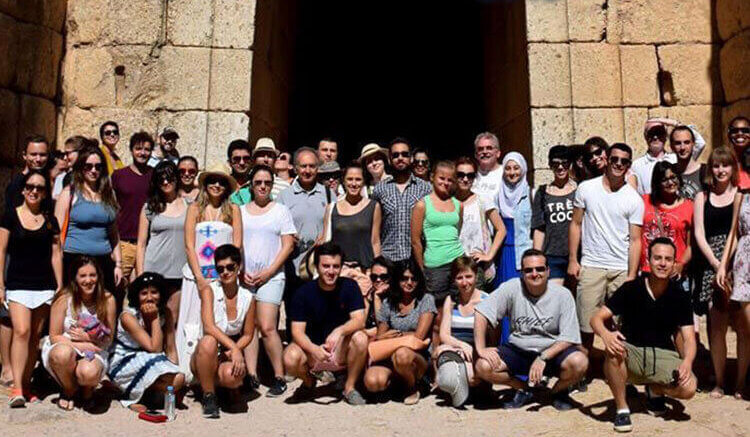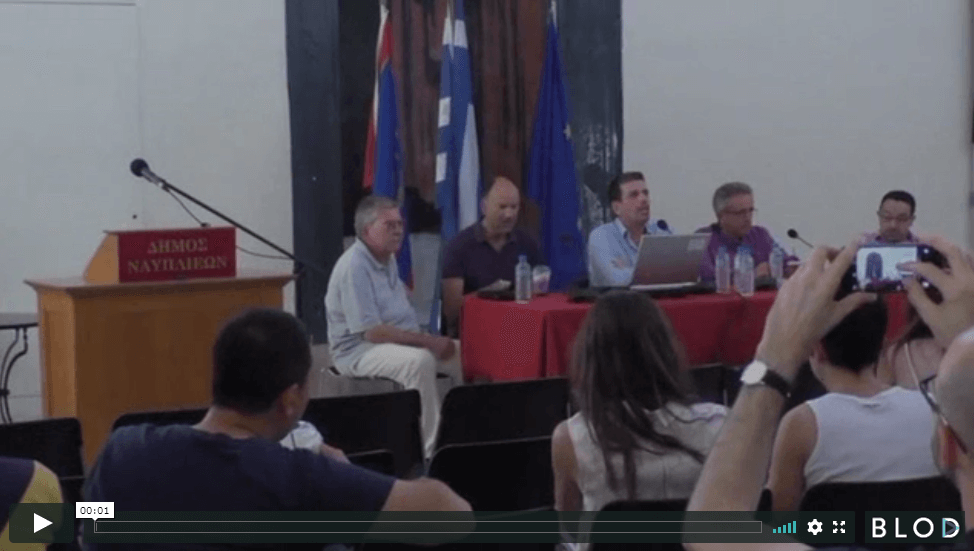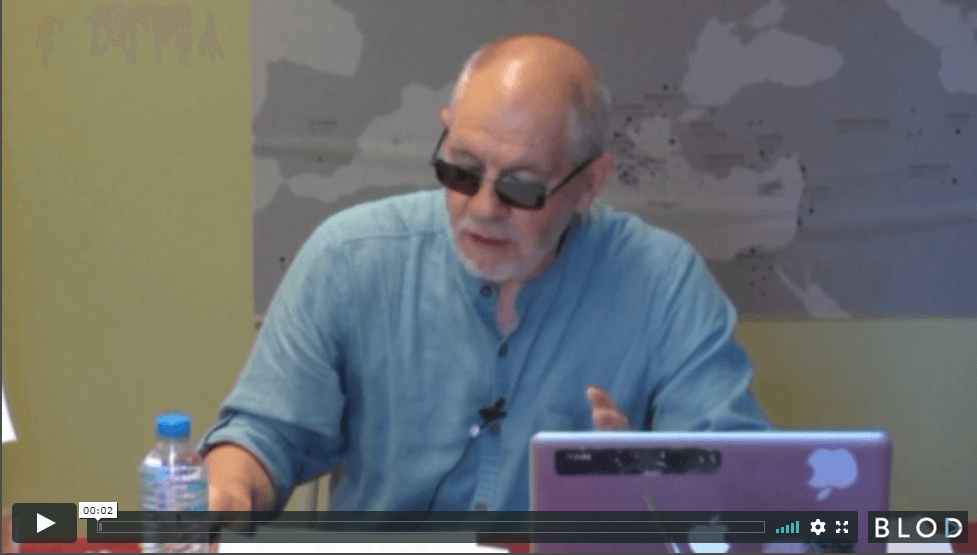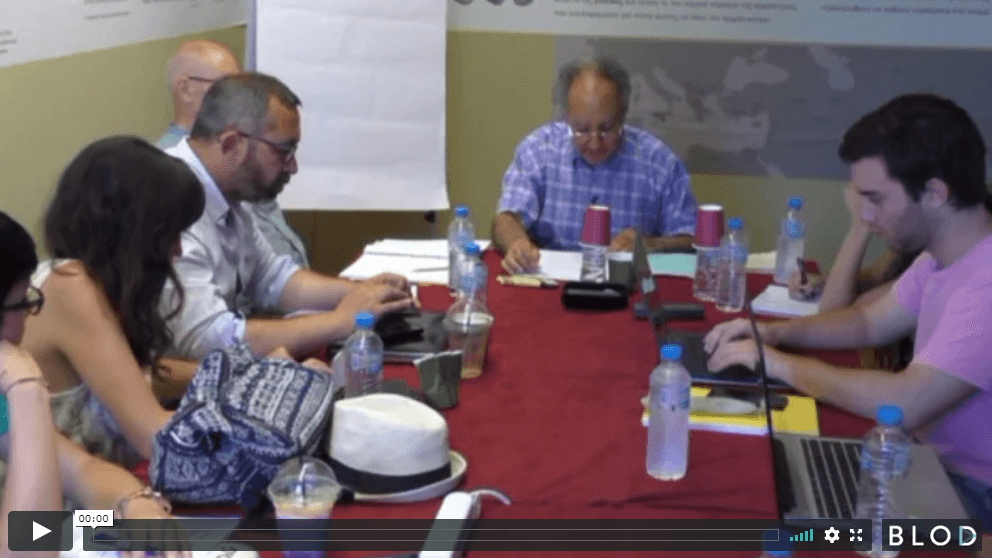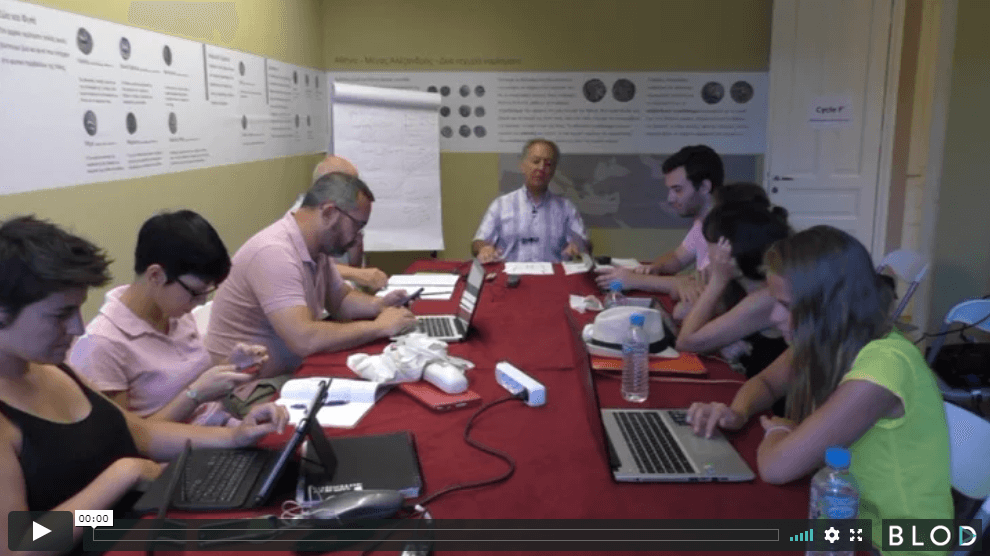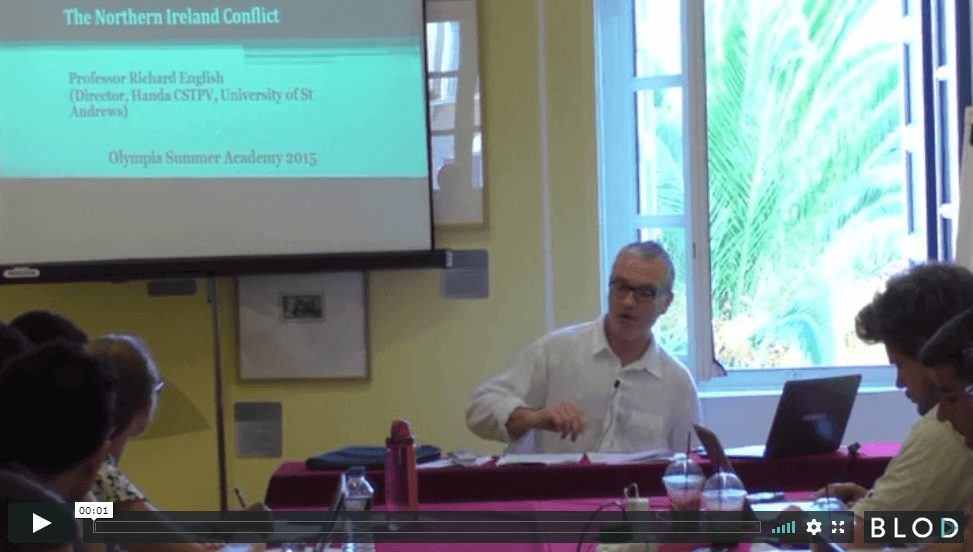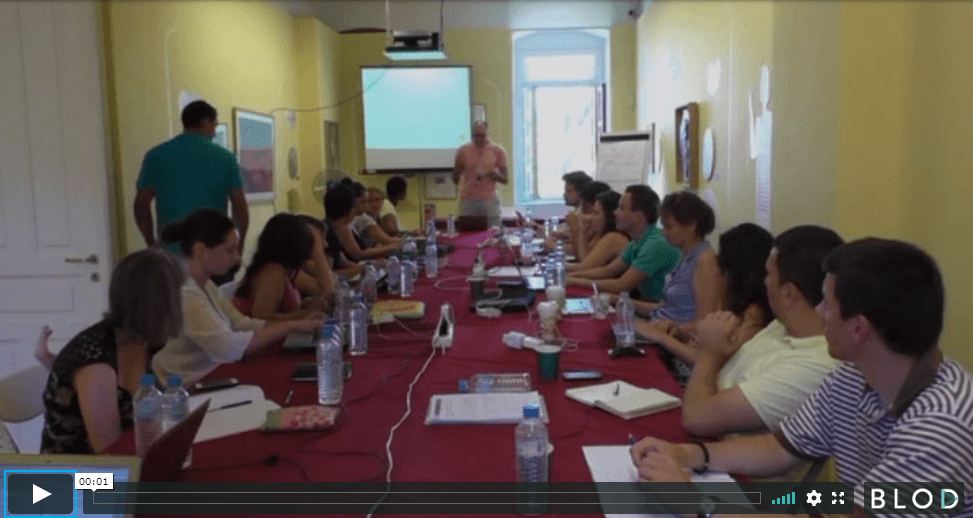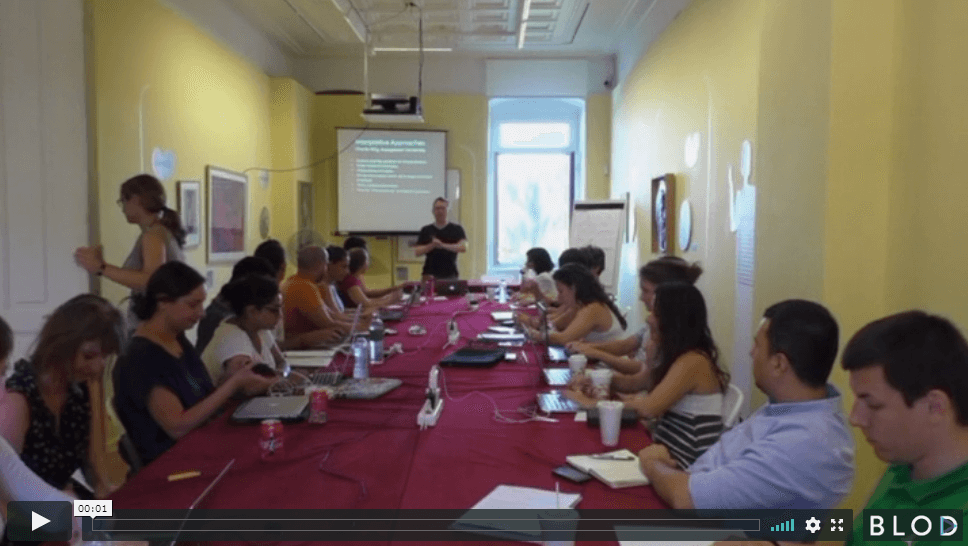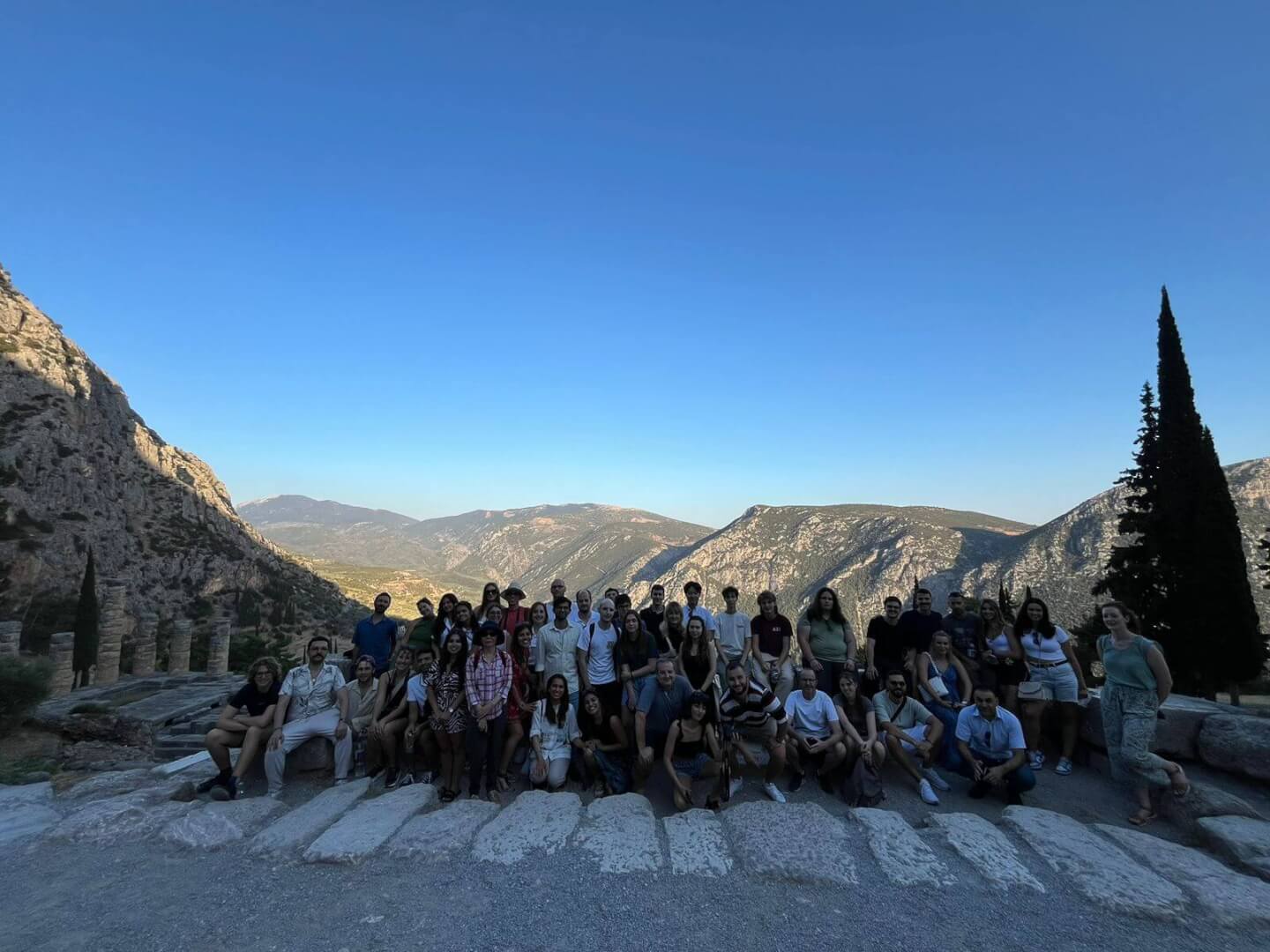Course Structure & Faculty
This year’s Olympia Summer Academy will run in parallel course-cycles:
Conflict & Political Violence
The History, Philosophy, and Sociology of IR
Religion and International Politics
Terrorism and Counterterrorism
Political Risk Analysis
Nationalism and Ethnic Politics
July 13-23, 2015
Naflpio, Greece

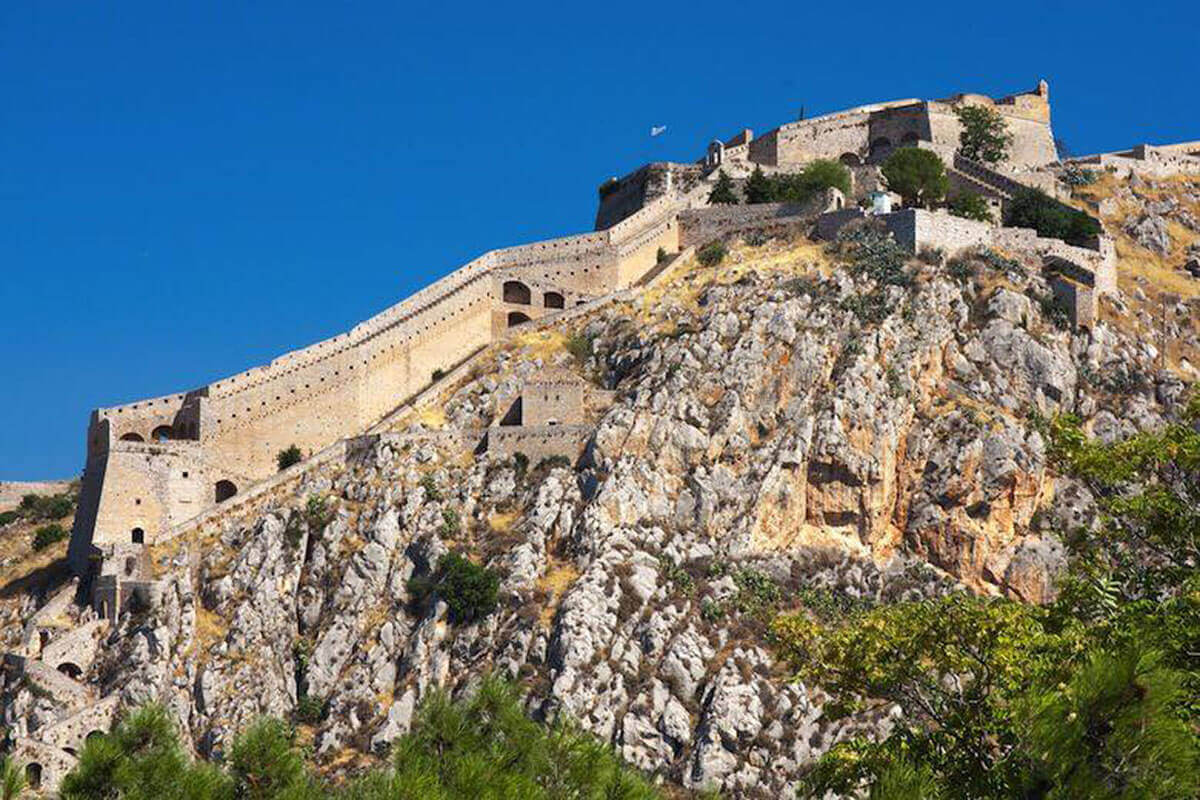
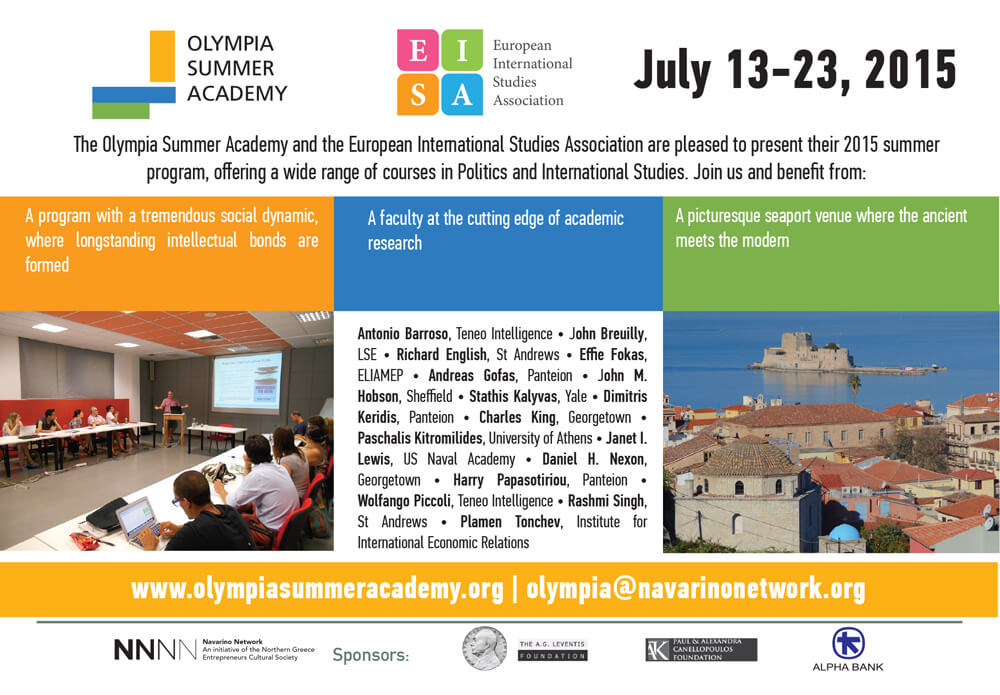
A: Conflict & Political Violence

Course description
The objective of this course is to provide an overview of the state of the art in the field of conflict and political violence. In exploring the intersection of large-scale collective action and political violence, we draw from several disciplines and methodological approaches and examine a broad cross-section of topics, including the causes and dynamics of civil war, ethnic conflict, mass violence, genocide, riots, and terrorism; and the logic of rebel group formation, cohesion, and performance. Our geographic focus is equally broad, reflective of the faculty’s diverse expertise. An integral part of the course is a workshop where students can present their ongoing research and receive feedback from faculty and peers.
Structure
We have scheduled two lectures each morning (9:00-11:00 and 11.30-13.30). We have also scheduled “office hours” to be held during the afternoon (17:00-19:00) with faculty who will be available to discuss student questions and research projects. Last, we will also be holding a student workshop, where students will be able to present their research on July 22.
B: The History, Philosophy, and Sociology of IR

Course description
The course seeks to provide a panoramic view of International Relations (IR) as a field of study by integrating three distinct foci. It explores the philosophical foundations of IR, retraces IR’s historical development as a professional field of study, and interrogates the sociological mechanisms through which scholarship is produced and the field is structured. By the end of the course, students will have acquired a good grasp of the main meta-theoretical issues in the discipline of IR and the social sciences more broadly. An integral part of the course is a workshop where students can present their ongoing research and receive feedback from faculty and peers.
C: Religion and International Politics

Course description
The idea that religion matters in international politics is no longer a subject of much controversy in academia. Yet, this welcome break from a rather long-standing disciplinary “securalizing” silence/bias has, nevertheless, yielded rather little in terms of robust theorizing on how religion matters to politics at the national, international, and transnational contexts. This cycle offers a survey of the state of the field when it comes to understanding the nexus between religion and politics.
Our regional focus will be comparative, with particular emphasis on cases from Turkey, EU, and Greater Middle East. We will examine the role that religious issues play in the practice of international relations and, in particular, their influence on nationalism and identity politics, democratization, international norms, foreign policy, conflict and violence, and peace and negotiation, so as to allow students to leave the cycle with a provocative and rigorous overview of an evolving and fascinating field of inquiry.
D: Terrorism and Counterterrorism

Course Description
Terrorism, and our response to it, are among the most compelling of global political issues: they dominate news headlines, public anxiety, and political strategies alike. Yet few attempt to analyze systematically this pressing phenomenon. Surely, no amount of analytical precision will rid us of the existence of terrorism, but if we want to respond effectively to the policy challenge that it poses we need first to respond effectively to its analytical challenge. To this end, the course seeks to provide an overview of the state-of-the-art in the study of terrorism, while also debate whether there is a significant continuity or transformation in terrorist behavior.
Topics that will be covered include: the place of terrorism within the broader context of political violence; the causes of terrorism; the inherent difficulties in defining terrorism and compiling reliable data on terrorist attacks; the distinction between ‘old’ and ‘new’ terrorism; the politics of terrorist risk perception; the global war on terror and counterterrorism. An integral part of the course is a workshop where students can present their ongoing research and receive feedback from faculty and peers.
E: Political Risk Analysis

Course Description
In recent times, financial investors and multinational corporations have become more aware of the need to “go beyond economics” and integrate political factors into their decision-making process. From the ongoing transformation of the Middle East to the Eurozone sovereign debt crisis, politics currently lie behind the most important global market-shaping events. The objective of the course is to explore ways in which political risk can be analyzed and managed in a range of environments.
The course is structured to provide participants with a good theoretical understanding of the concept, but also with analytical tools to identify, trace and measure political trends that can affect business and investment interests. We will examine political risk in both emerging markets and developed economies and cover specific sources of risk such as domestic instability, geopolitics or regulation. The course will rely heavily on case studies ranging from transnational to local examples. Simulations covering current political events will also be used in order to encourage a hands-on approach of participants and help them design strategies to manage and mitigate political risk.
F: Nationalism and Ethnic Politics

Course description
The course provides an overview of a vast and expanding literature and an introduction to the most relevant current debates in the field of nationalism and ethnic politics. The course deals with the concepts, theories, historical origins, trajectories and variety of nationalism and its relationship with the modern state. With the help of a number of historical case studies from the distant and the recent past, the course investigates the significance of ethnicity for today’s globalizing world.



